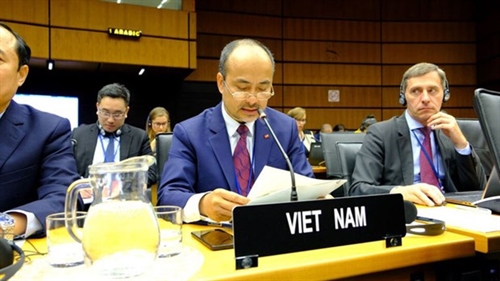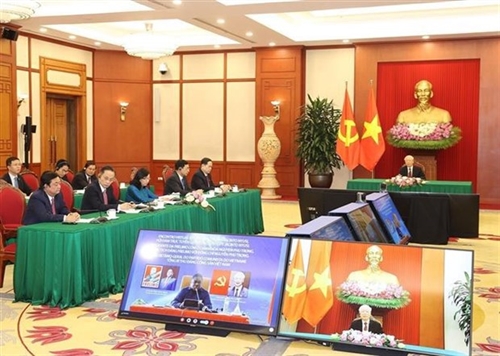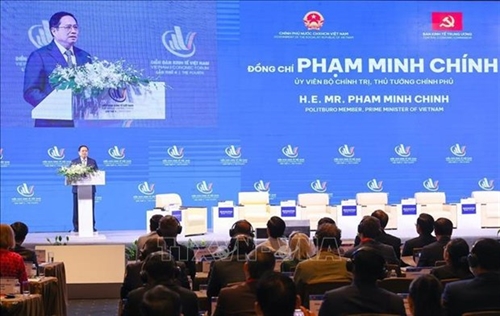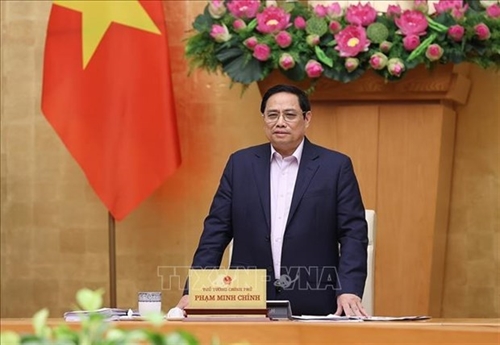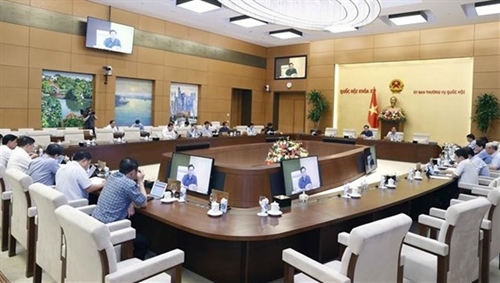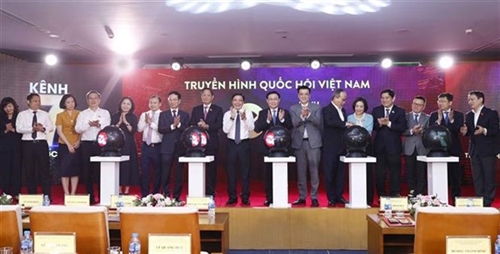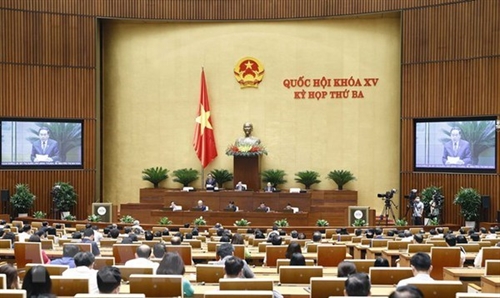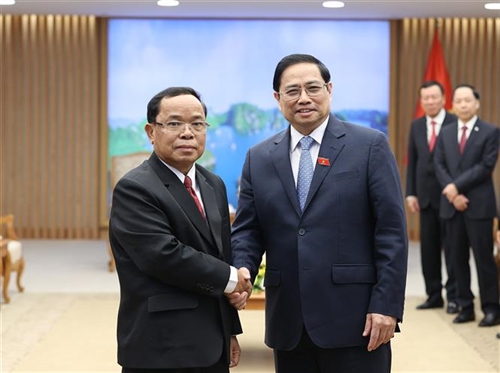Vietnam targets to attract 50 percent of the Fortune-listed 500 global largest corporations by 2030 and to be among the ASEAN’s top three and the world’s top 60 countries in the World Bank’s Ease of Doing Business rankings.
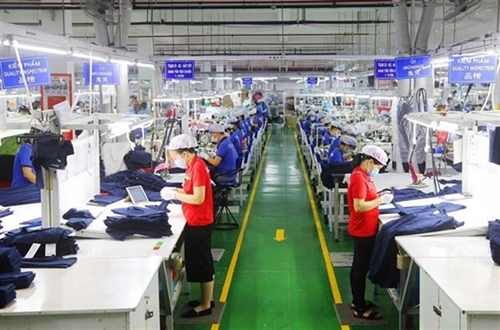 |
Production activities of Far Eastern Apparel Vietnam Ltd. in Vietnam-Singapore Industrial Park, Thuan An City (Binh Duong province).__Photo: VNA |
| Production activities of Far Eastern Apparel Vietnam Ltd. in Vietnam-Singapore Industrial Park, Thuan An City (Binh Duong province).__Photo: VNA |
Such is highlighted in Prime Minister Decision 667 signed on June 2 to issue the country’s foreign investment cooperation strategy in the 2021-30 period.
The strategy says that by the end of 2030, registered investment capital in Vietnam by large corporations from Asia such as China, India, Malaysia, Singapore, and Thailand; from Europe such as France, Germany, Spain, Russia, and the UK, as well as the US will increase by 70-75 percent.
To this end, the strategy puts forth solutions to raise the efficiency of foreign investment. They include establishing a fair, streamlined, and transparent business investment environment, improving economic efficiency and competitiveness, strengthened cooperation with foreign partners to develop the country’s industrial infrastructure, making full use of numerous free trade agreements and investing in R&D activities.
The nation will continue to revise its legal framework to regulate foreign direct investment (FDI) activities with priority given to hi-tech industries and the interconnectivity of economic zones across the country.
The development of supporting industries has been identified as a key target in the country’s industrialization process. Measures are to be taken to strengthen cooperation between large multinational corporations and domestic industries and to facilitate technology transfer.
Vietnam will continue supporting the development of small- and medium-sized enterprises, especially startups and firms in manufacturing, telecommunications, and finance as well as seek ways to increase Vietnamese labor productivity.
The government considers the collaboration between the FDI sector and domestic firms as the cornerstone for hi-tech transfer and the application of science and technology for national building efforts during the period.
The Southeast Asian country will pursue the current ambition of greater economic integration and bolstering its position in the global economy. The government is to fully support Vietnamese firms during the process of integration while protecting the interests of the State, businesses, and consumers in potential legal and economic disputes.
Vietnam continues to create the most favorable environment for FDI through multiple channels and dialogues. The government is willing to listen and exchange ideas with potential and existing foreign investors and business partners on ways to improve the country’s potential to attract investment.
In the meantime, the government must exert efforts to inspect, monitor and manage FDI projects that cause environmental and financial damage, projects that fail to take off as promised, or are considered inefficient for a prolonged period of time.
Most importantly, the strategy reiterates Vietnam’s commitment to overseeing investment, and merger and acquisition activities by FDI businesses to ensure the country’s key national interests and security concerns.- (VLLF)
